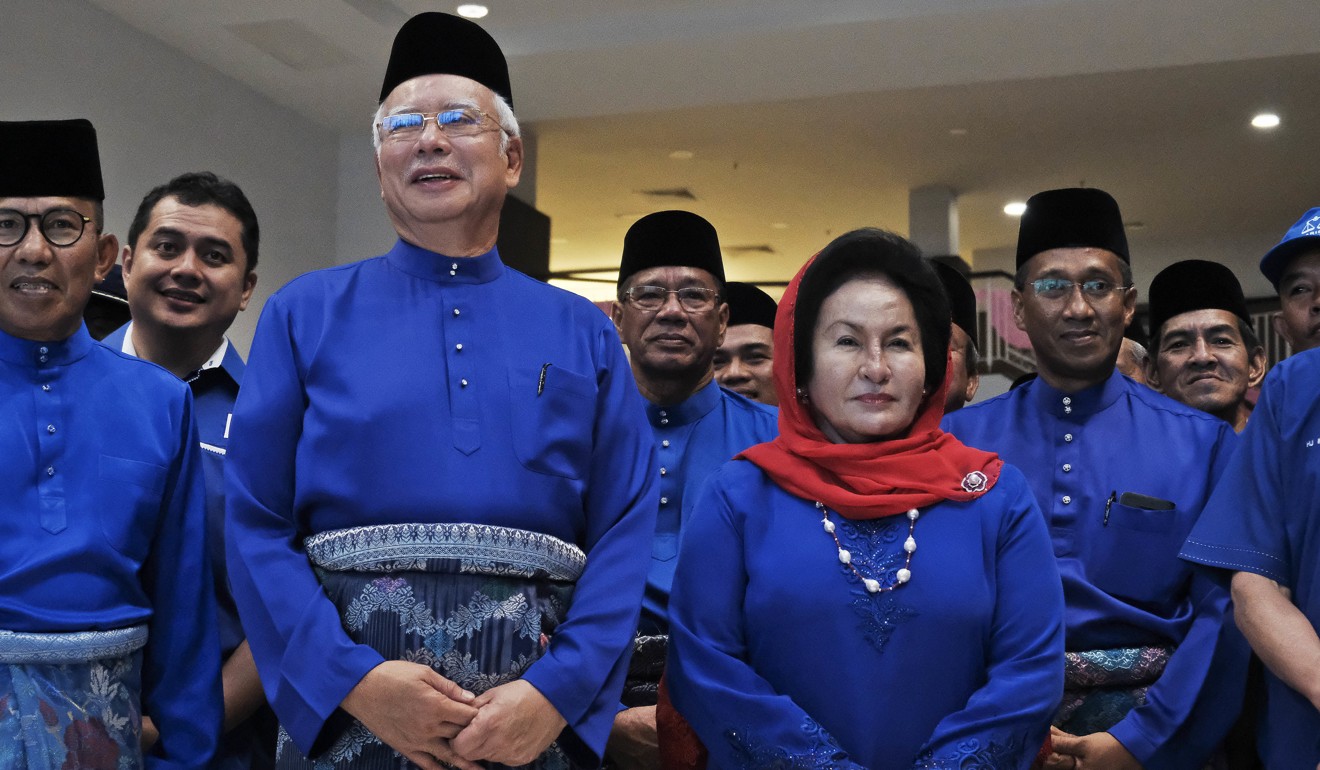Advertisement
Advertisement

How Malaysia’s political awakening can inspire Hong Kong
Malaysia made headlines worldwide after toppling its ruling government of 61 years.
Hong Kong does not have direct democratic elections, but there are parallels.
The increased political awareness of Malaysian youth and an educated, progressive urban middle class – frustrated with current policies and the establishment – is rather similar to ours.
In Malaysia, the high cost of living, implementation of the goods and services tax, and economic hegemony by politically connected tycoons (often politicising racial and religious ideology) turned off most voters. In Hong Kong, the ideology that’s politicised is neoliberalism and unrestrained free markets.
Hong Kong’s “world’s freest economy” wins accolades from the Heritage Foundation and Cato Institute, but to whose benefit? The Hong Kong government and tycoons milk and tax the working class – mainly through high property prices.
Watch: Explaining Hong Kong’s housing crisis
Hong Kong a free economy? Don’t make me laugh
Instead of taxing rich landlords for revenue, Hong Kong continues to sell land at high prices.
Meanwhile, about 50 per cent of Hongkongers do not own a home, and many can never afford to do so.
We need real competition. Until there is a sufficient supply of housing, strong government intervention measures – such as imposing a yearly property ownership tax on each non-primary residence – would cause hoarding landlords to sell their flats immediately. This would ease our housing crisis.
Decision on vacancy tax for flat hoarders soon, Lam says
Would corrective intervention destroy Hong Kong? The lives of many are already destroyed.
Marriages and family planning are put on hold, while more than 200,000 people dwell in subdivided flats and even cage homes. The city has more than US$1 trillion in reserves, while one in five people here are considered poor. The median income is a pittance at HK$15,500 per month.
Capitalism with Hong Kong characteristics isn’t working for most!
Does Marxism have a role to play in Hong Kong?
Malaysia’s high-cost projects – like the planned high-speed rail to Singapore and Forest City development (unaffordable to locals), which mostly benefit developers and foreigners – are under review.

Similarly, many housing projects in Hong Kong price out most locals. Our version of costly projects are the bridge to Macau and Zhuhai and the high-speed rail link to Guangzhou.
Malaysia’s civil servants, like Hong Kong’s, are seen as too protected and bureaucratic. The Hong Kong government, like Malaysia’s previous one, proudly boasts how well the economy is growing. Leaders claim the place is doing fine, even though the people are not.
Bernard E. S. Lee, Tsuen Wan
This article appeared in the South China Morning Post print edition as: Malaysia’s political awakening could inspire a Hong Kong beset by exploitative landlords

Post
